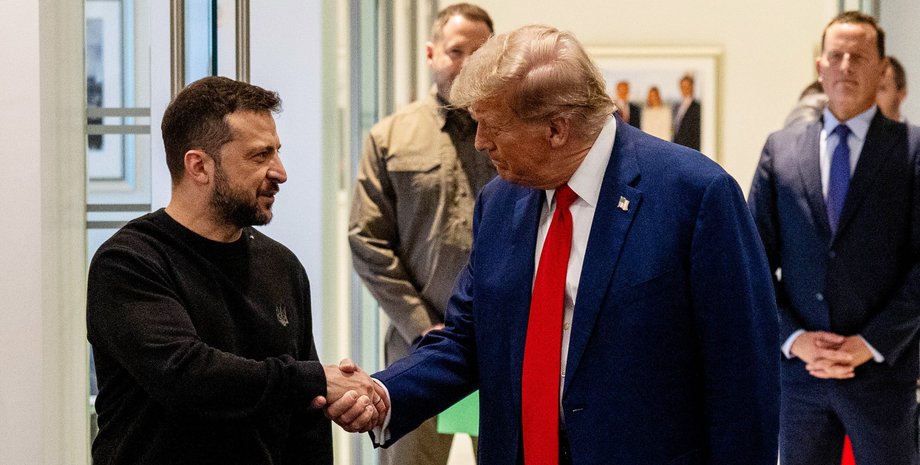
 By Victor Duda
By Victor Duda
Ron visited Ukraine, where he visited Pokrovsk, where he saw how the Ukrainian military held its defense against overwhelming Russian forces. In addition, Vakhid was able to speak personally with the Commander-in-Chief of the Ukrainian Armed Forces Oleksandr Syrsky, who convinced him that Pokrovsk, if it was eventually occupied, would cost Russia dearly — and that Russia would continue to bleed profusely as it advanced on every additional meter of Ukrainian land.
He emphasizes that the US should focus not on providing Tomahawk missiles, which will be difficult to deploy quickly, but on supplying weapons that can be deployed immediately. At the same time, it is important to increase economic pressure to force Moscow to agree to a negotiated cessation of hostilities. The expert emphasizes that Ukraine is already demonstrating its adaptability. Yes, Ukrainian long-range drones struck deep inside Russia.
He also notes the "audacious" Operation Web, in which Ukrainian intelligence services disabled approximately 34% of Russian bombers while they were on the ground with drones. "And naval drone operations have rendered the Russian Black Sea Fleet powerless. The U. S. should help strengthen these new strengths. Cooperation in the field of innovation in this sector not only helps Ukraine in its struggle today, but also teaches lessons that shape how the U. S.
military will confront adversaries in the future," Vahid emphasizes. He notes that Ukraine needs means that will be able to stop the advance of the Russian Federation on land, and will also help repel attacks in the air. As an example, he cites the Extended Range Missile (ERAM), which is compatible with Ukraine's F-16 fighter jets and has a range of approximately 280 miles.
He also notes Germany's Taurus cruise missiles, stressing that these weapons would give Ukraine the ability to hit advancing Russian forces, logistics hubs, supply lines and command centers, directly undermining Russia's ability to sustain offensive operations. Separately, Vahid notes the sanctions against the largest Russian oil companies. In his opinion, the logical next step would be the introduction of secondary sanctions that would discourage foreign companies from buying Russian oil.
The expert suggests that for the start of negotiations, Ukraine could propose a management structure for the occupied Donbas modeled after the Good Friday Agreement, a peace agreement aimed at ending the conflict in Northern Ireland, concluded on April 10, 1998 between the governments of the Republic of Ireland and Great Britain.
She determined that Northern Ireland remained part of Great Britain, but in the future the population of the region will have the right to decide on the issue of unification of the island by majority vote. According to Vahid, according to such a plan, Donbas should remain part of Ukraine, but with significant local autonomy, guaranteed language protection and an administration supported by multinational peacekeeping forces.
This would prevent the situation in the region from turning into a frozen conflict, while at the same time it would restore the territorial integrity of Ukraine in this region. "Regardless of the final outcome of the negotiations, the adoption of any territorial compromise must be combined with ensuring Ukraine's long-term future with a guarantee of security and economic integration with Western partners. America's participation in any such agreement is mandatory.










All rights reserved IN-Ukraine.info - 2022